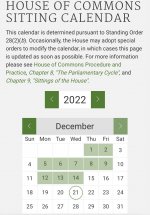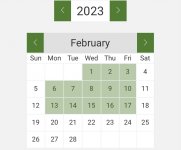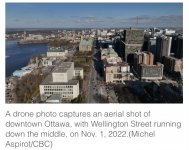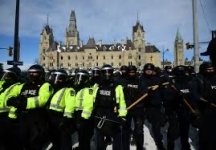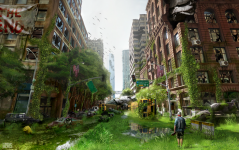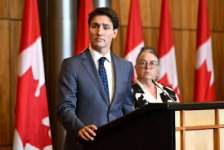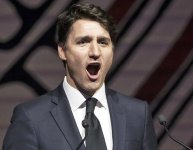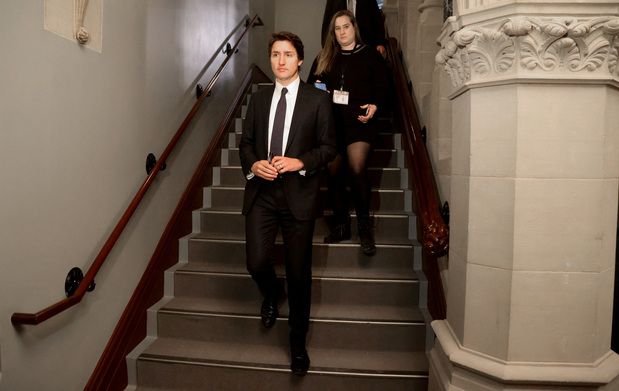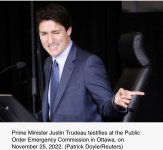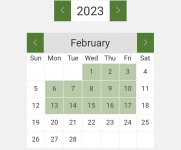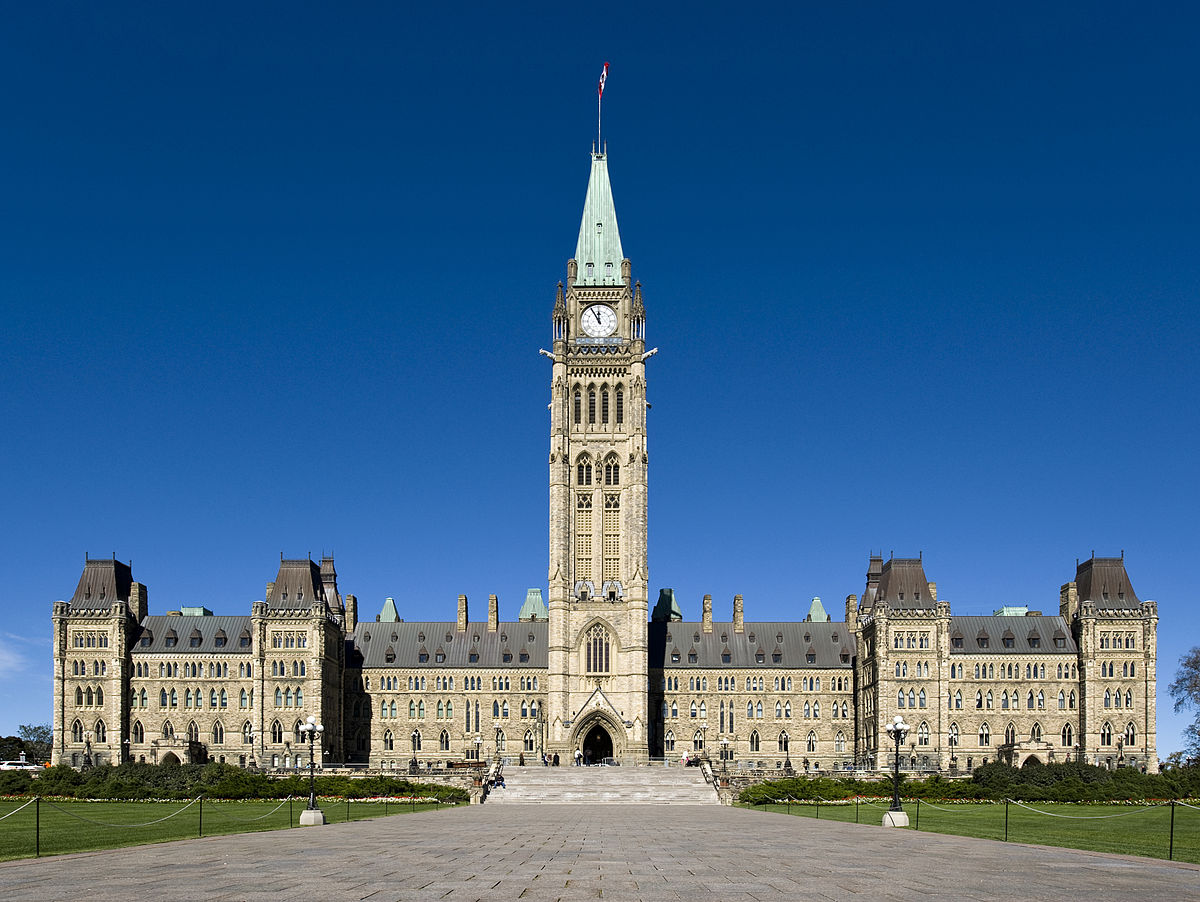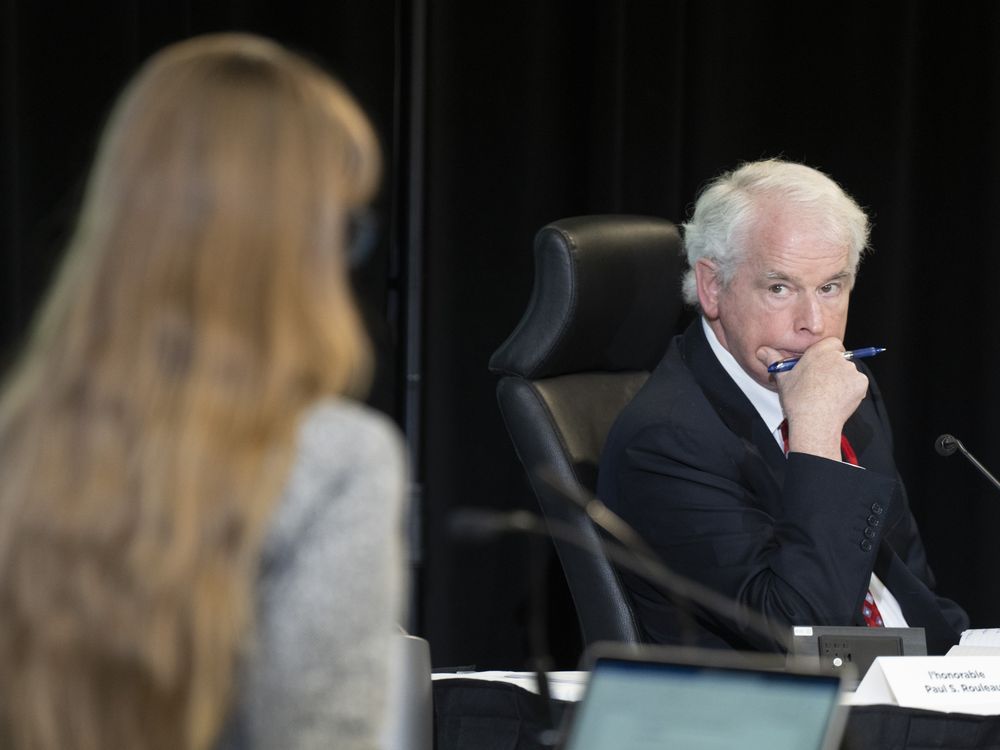Uh-oh…Mendicino. Looking to give CSIS the “Broader” definition of threats that the Gov’t used for the Emergencies Act that’s toooo top secret for the public (or the head of the Emergencies Act Public Inquiry) to hear?
CSIS's key mandate is to investigate activities suspected of constituting threats to the security of the country, and to report to the Government of Canada. But the definition in law of such threats under the Emergencies Act turned out to be a key point of contention during the inquiry.
Under CSIS's enabling law, such threats are defined as espionage or sabotage, foreign influence activities detrimental to Canada's interest, serious violence against persons or property "for the purpose of achieving a political, religious or ideological objective" in Canada or a foreign state, and activities intended to overthrow a government by violence.
The summary called for a change to the definition of a threat to national security "to match the expanding expectations of government for more information from the intelligence service, for example relating to economic security, research security and pandemic and health intelligence, because the definition in terms of threat currently can be quite narrow."
Brenda McPhail, director of the Canadian Civil Liberties Association's privacy, technology and surveillance program, said she sees any expansion of the legal definition of a "threat to national security" as a power grab.
"If everything is national security, then nothing is off the table," she said.
"Our national security bodies, reasonably, have extraordinary powers, to do the difficult and important job that they do. For a body with extraordinary powers, it's important that their mandate be narrow, precise and clear."

 apple.news
apple.news
The question of whether section two of the CSIS Act — which defines threats to national security — is broad enough to capture modern threats was a major source of debate during the public hearings phase of the Emergencies Act inquiry.
"Justin Trudeau noted that CSIS does not necessarily have the right tools, mandate or even mindset to respond to the threat Canada faced at that moment," says a summary of that interview, released as part of the commission inquiry.
Wark (whomever Wark is) said he doesn't think serious talk of modernizing the act will happen until after Paul Rouleau, head of the Public Order Emergency Commission, tables his final report in February. Much would depend on whether the Liberal minority government can secure NDP support for any legislative changes, he added.
McPhail (Brenda McPhail, director of the Canadian Civil Liberties Association's privacy, technology and surveillance program) said she doesn't think Canadians "are going to roll over and play dead" in response to any push to change CSIS's mandate. (Yet that’s what the current Liberal Minority Gov’t with NDP backing is advocating
"What we're really talking about is changing the degree to which our national security spy agency can intervene or interfere in the lives of Canadians," she said. "And that's not the kind of decision that should be taken lightly."
Mendicino (Liberal/NDP Minority Gov’t Public Safety Minister Marco Mendicino) said he hopes Rouleau's final recommendations touch on CSIS's concerns.
"He believes he's got the evidence that he needs to make some conclusions about that," said the minister….like the definition that the government used in their broader interpretation of the act???
CSIS's key mandate is to investigate activities suspected of constituting threats to the security of the country, and to report to the Government of Canada. But the definition in law of such threats under the Emergencies Act turned out to be a key point of contention during the inquiry.
Under CSIS's enabling law, such threats are defined as espionage or sabotage, foreign influence activities detrimental to Canada's interest, serious violence against persons or property "for the purpose of achieving a political, religious or ideological objective" in Canada or a foreign state, and activities intended to overthrow a government by violence.
The summary called for a change to the definition of a threat to national security "to match the expanding expectations of government for more information from the intelligence service, for example relating to economic security, research security and pandemic and health intelligence, because the definition in terms of threat currently can be quite narrow."
Brenda McPhail, director of the Canadian Civil Liberties Association's privacy, technology and surveillance program, said she sees any expansion of the legal definition of a "threat to national security" as a power grab.
"If everything is national security, then nothing is off the table," she said.
"Our national security bodies, reasonably, have extraordinary powers, to do the difficult and important job that they do. For a body with extraordinary powers, it's important that their mandate be narrow, precise and clear."
Mendicino willing to talk about changing CSIS's legal authority after Emergencies Act hearings — CBC News
Public Safety Minister Marco Mendicino says he's open to discussing changes to the Canadian Security Intelligence Service's legal authority after the spy agency's chief signalled during the Emergencies Act inquiry that his organization needs "critical" reform.
The question of whether section two of the CSIS Act — which defines threats to national security — is broad enough to capture modern threats was a major source of debate during the public hearings phase of the Emergencies Act inquiry.
"Justin Trudeau noted that CSIS does not necessarily have the right tools, mandate or even mindset to respond to the threat Canada faced at that moment," says a summary of that interview, released as part of the commission inquiry.
Wark (whomever Wark is) said he doesn't think serious talk of modernizing the act will happen until after Paul Rouleau, head of the Public Order Emergency Commission, tables his final report in February. Much would depend on whether the Liberal minority government can secure NDP support for any legislative changes, he added.
McPhail (Brenda McPhail, director of the Canadian Civil Liberties Association's privacy, technology and surveillance program) said she doesn't think Canadians "are going to roll over and play dead" in response to any push to change CSIS's mandate. (Yet that’s what the current Liberal Minority Gov’t with NDP backing is advocating
"What we're really talking about is changing the degree to which our national security spy agency can intervene or interfere in the lives of Canadians," she said. "And that's not the kind of decision that should be taken lightly."
Mendicino (Liberal/NDP Minority Gov’t Public Safety Minister Marco Mendicino) said he hopes Rouleau's final recommendations touch on CSIS's concerns.
"He believes he's got the evidence that he needs to make some conclusions about that," said the minister….like the definition that the government used in their broader interpretation of the act???
